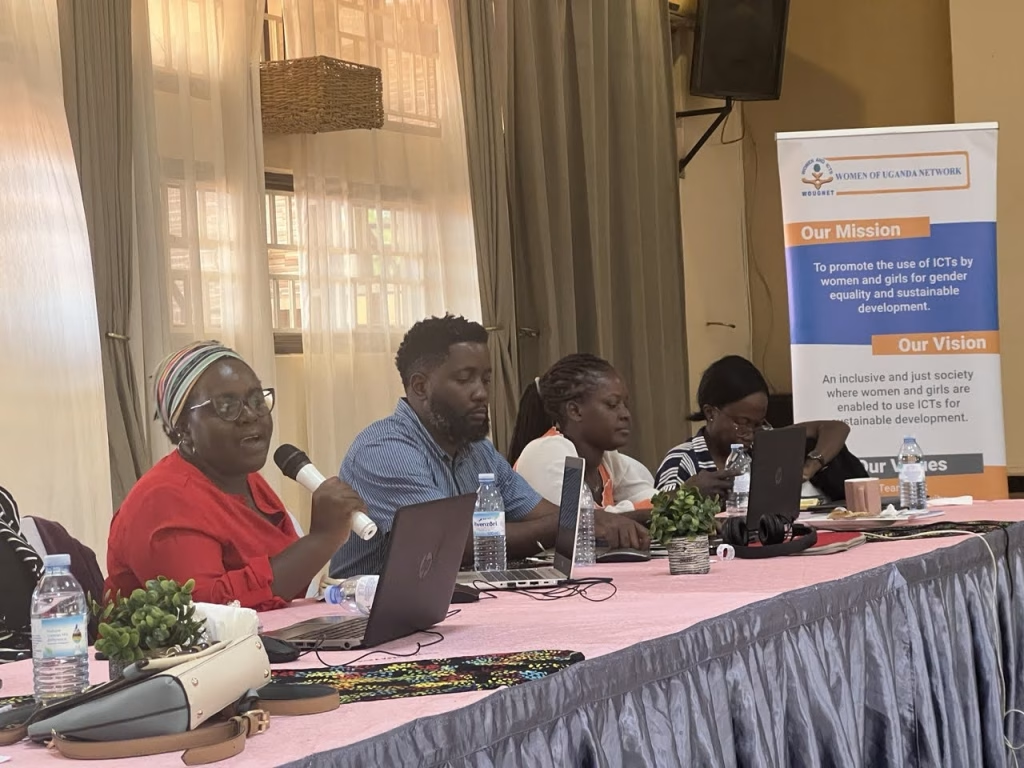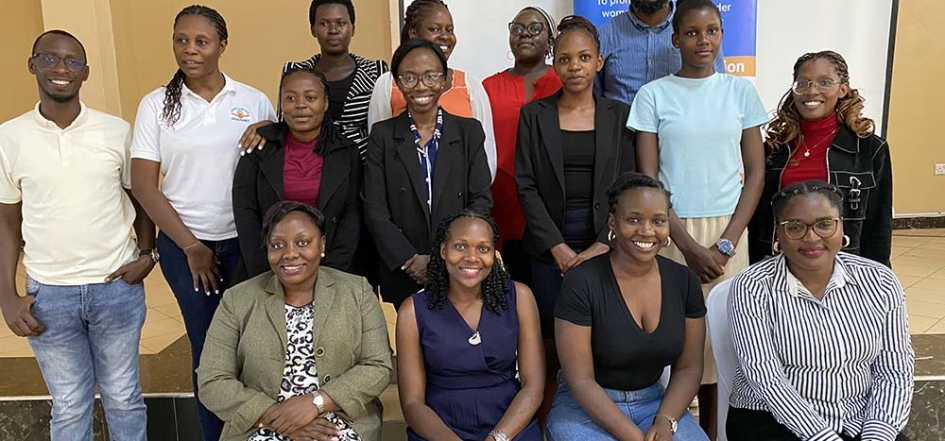A few weeks ago, I had the privilege of participating in the OVOF 2025 Residential Workshop held at Keba Xpress Hotel in Entebbe, Uganda. Organized by WOUGNET (Women of Uganda Network) under the Our Voices, Our Futures (OVOF) initiative, the workshop brought together an incredible cohort of women human rights defenders and feminists committed to advancing gender and digital rights in Uganda.
This wasn’t just another event. It was a powerful convergence of passion, strategy, and purpose. The focus? Strengthening gender and human rights engagement in Internet Governance Forum (IGF) processes, particularly through intersessional platforms like the Best Practice Forum on Gender and Access, and the Gender Dynamic Coalition.
Over two enriching days, we:
- Deepened our understanding of the IGF’s intersessional mechanisms,
- Acquired practical tools for contributing to global rights-based digital policy spaces,
- Identified Uganda’s national priorities in internet governance,
- Collaborated on a policy-focused report to inform national and global discourse.

What stood out to me most was the intentional effort to bridge the gap between grassroots voices and global policy platforms. Women remain underrepresented in internet governance conversations. OVOF is turning that tide, ensuring visibility, capacity, and influence for those often left at the margins.
I left the workshop feeling empowered, equipped, and connected to a broader movement committed to gender justice in the digital age. The conversations were honest, the learning was deep, and the collective vision was clear: amplified voices for an inclusive digital future.
This experience has strengthened my resolve to engage more meaningfully in IGF spaces and to support others—especially young women—to do the same. As we look ahead to IGF 2025 and beyond, I believe this is just the beginning of a louder, stronger, and more diverse chorus shaping internet governance globally.
